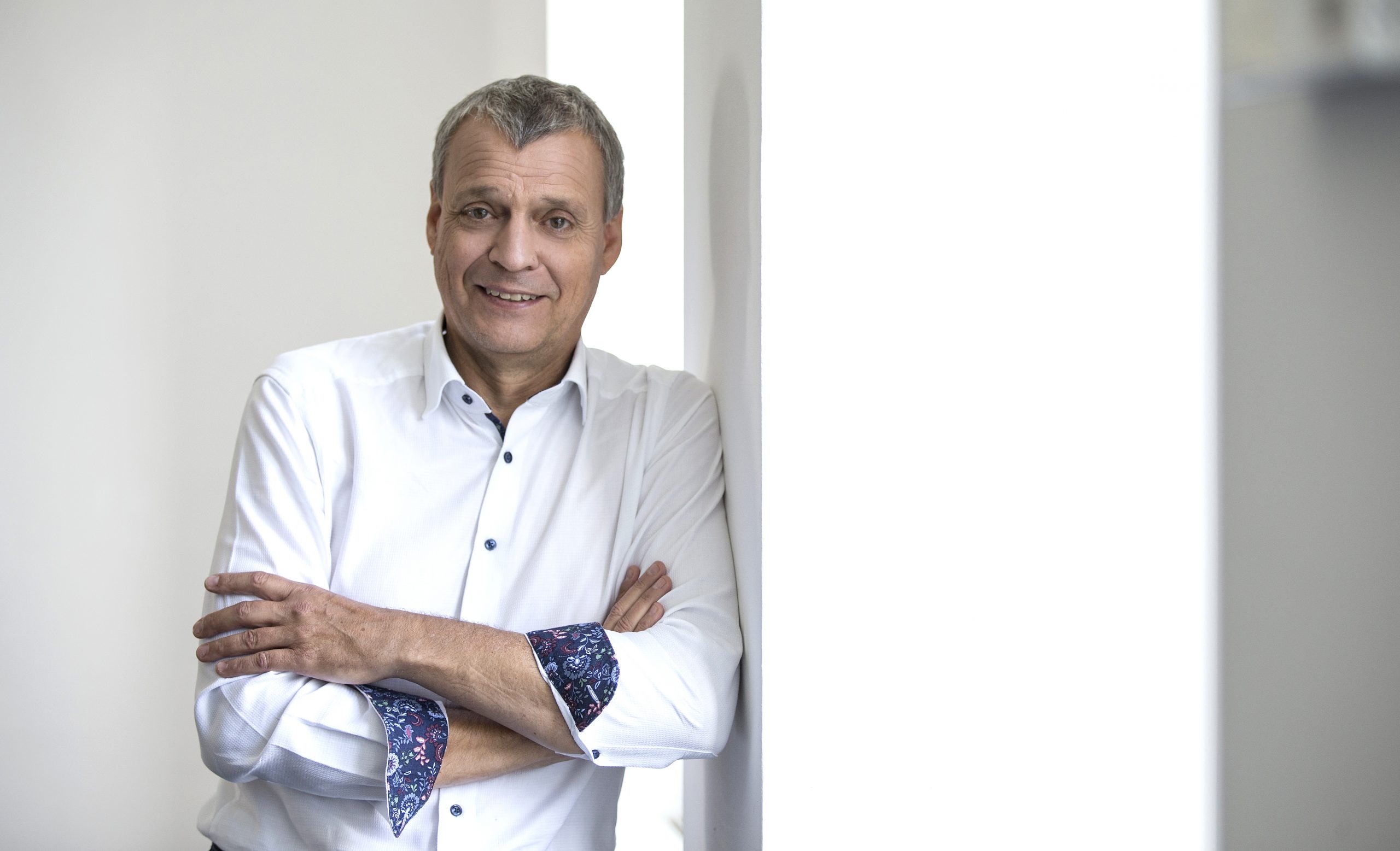It’s hard to image that a company which sprang up from an idea in 2015 could, a mere six years later, become one of the world’s biggest industrial services providers globally, but German company ROBUR has done just that.
The company was seeded from a desire to redefine high-quality industrial services in a changing market environment. ROBUR has developed a finance and leadership model that is founded in partnership and entrepreneurialism. With almost 3,000 employees across 26 member companies, the company extends across wind, water, energy, industrial, and process industries. ROBUR partners with customers such as Siemens and GE, creating holistic solutions from planning through to implementation in the areas of installation, maintenance, relocation, and decommissioning.
Today, CEO Jan-Jörg Müller-Seiler talks from his Munich office with all the confident dynamism of someone who has been leading this company for decades, rather than the modest four years he’s been at the helm of ROBUR.
“The company was founded by three entrepreneurs – I started as a fourth founder in 2017. We wanted to create an industrial service company based in Germany but then expand internationally, delivering the kind of European service standard that’s demanded by our international customers,” he explains.
And expand the company has. Since purchasing its first three companies in 2017, ROBUR is now 26 companies-strong with a turnover of approximately 300 million euros, operating across energy, wind, industrial, process, and water verticals. ROBUR’s companies are geographically spread from Spain to Latin America, the US to Egypt, Turkey, and South Africa.
Jan-Jörg took up the CEO role in 2019. Born in Spain, his international career includes a 15-year stint with LURGI an engineering, procurement, and construction (EPC) in the Germany and UK before Jan-Jörg became executive VP of Intertek PLC, a UK-listed third biggest international quality assurance provider in the tech sector. Four years ago, ROBUR’s founder and then-CEO and chairman Daniel Beringer came knocking. Jan-Jörg says:
ROBUR is now divided into three divisions, Energy, Process, and Digital. They are managed by business units that sit beneath these teams. It’s a model where small businesses, companies, and divisions work together to create a single, unified, industrial services offering, and is a key point of difference for the ROBUR model. Partnerships are at its heart. “What differentiates us from our competitors is partnership thinking,” Jan-Jörg explains. “A lot of companies claim that they have the same philosophy but having worked for different companies, I have seen where working as a partnership is great when everything is working well, but when you hit a crisis, you suddenly realise what your partnership isn’t.”
Certainly, the last two years have been a crisis, so how has the partnership model performed over this time? “COVID has done a lot of challenging things, disrupted a lot of things. But one thing that it hasn’t done is take our partnerships away. On the contrary, it has brought us together much stronger. We realised that as a partner-driven group we can be more successful together than continuing by ourselves.”
Jan-Jörg is clearly proud of this, so too how ROBUR has navigated the pandemic: “We have sailed through better than average because we are so diversified. The digital business has performed well during COVID, the process business, however, has not done quite so well. A lot of projects were delayed over the last year. And the wind business has done well because we are diversified internationally.”
Jan-Jörg is quick to add that it is skills and people, rather than the machinery, that’s behind ROBUR’s buoyancy. “We have created a home for specialists – they did not go away during COVID. We did not release people to achieve a certain cost-cutting ratio, because we all agreed that the pandemic would be over one day and that we would eventually need good people and good specialists to continue our mission.”
As businesses emerge from the crisis, companies which retained their staff and culture seem to have generally fared better than those who used staff livelihoods to balance their COVID-ravaged books. While ROBUR did everything to protect its staff, it wasn’t necessarily easy. “It was a big challenge, I really had to manoeuvre between costs and keeping people,” Jan-Jörg says.
“We took the opportunity to increase the quality of our people. We knew that when the pandemic was over, we would be able to serve our customers with the best quality of products and services and honestly, I didn’t want to give our competitors the opportunity to get the good people that we have trained.”
It is not surprising that ROBUR protected the livelihoods of its staff through the pandemic, as the company positions its skilled specialists as a key differentiator in the delivery of products and services. “We always have to be ahead of our competition with our quality delivery and this doesn’t always come naturally. You need to get the right people who understand, for example, how to repair a wind blade, how to engineer a pipe, how to work with robotics.”
Despite the challenges of late, Jan-Jörg is energised about ROBUR’s future: “In the next three years we would like to double or triple our revenue.” He sees this revenue coming from continued global expansion into new regional markets, including further expansion into the US and Latin America. “Expanding further in Europe too,” Jan-Jörg adds, “there’s still a lot of room in Europe.” The CEO considers the question a moment longer, “and even though we are big enough in Germany, if we found a small or specialist operator in the country with a good service portfolio that fits our philosophy, I would expand acquisition organically in Germany too. We are also looking into northern Europe, at Sweden and Denmark. Scandinavia, watch this space.
Click here to download and read the full article.



